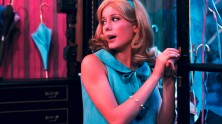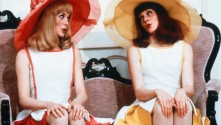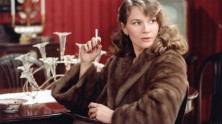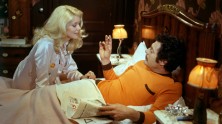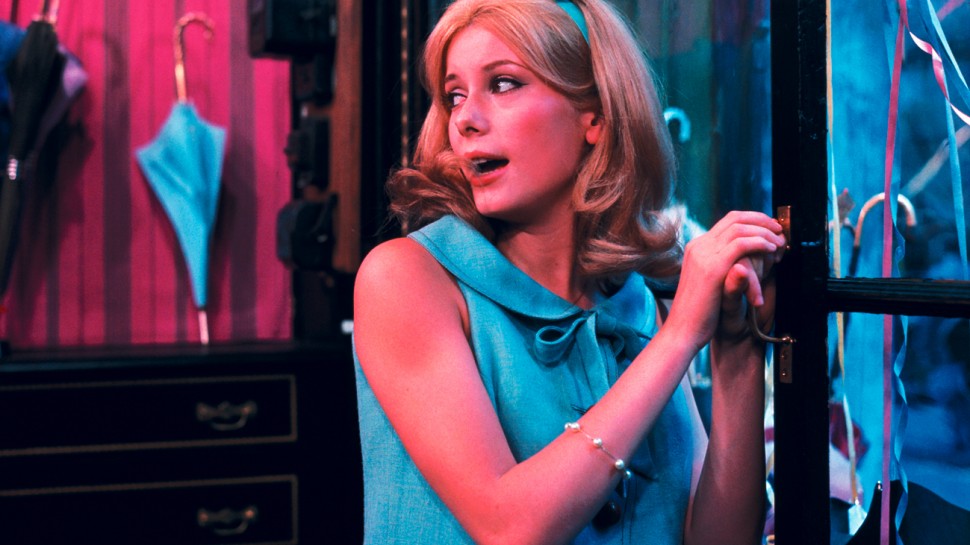

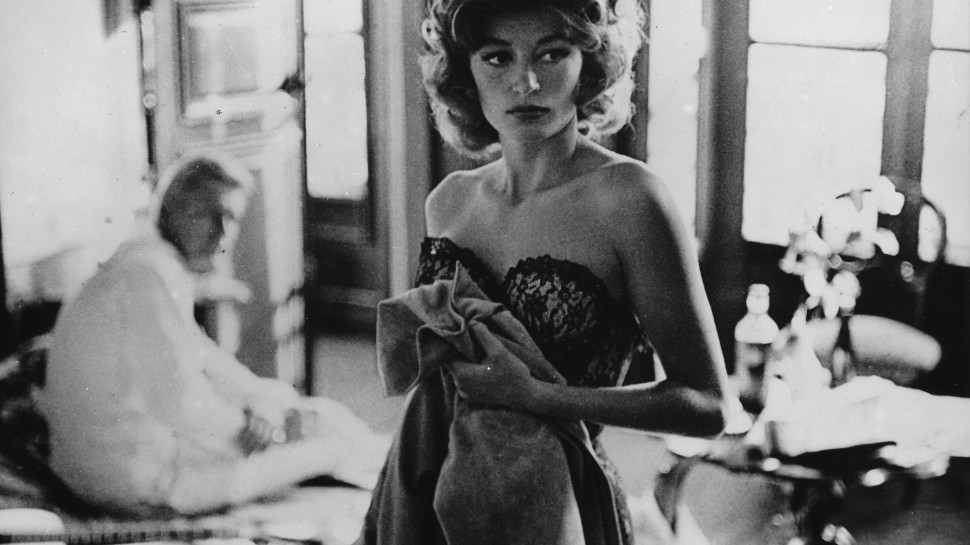
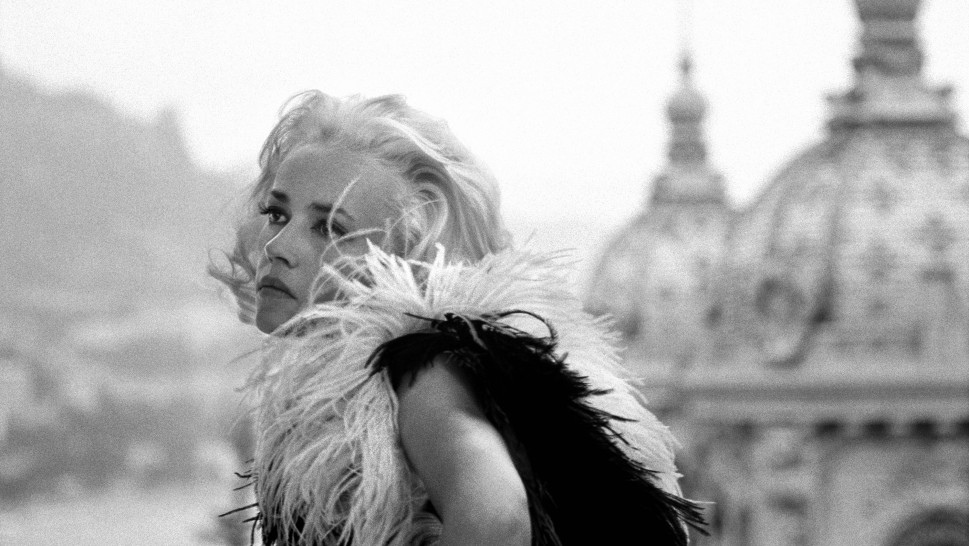
Once Upon a Song... Jacques Demy
Jacques Demy (1931 – 1990) dedicated his little-seen Parking to Jean Cocteau, "who loved the words 'Once Upon a Time.’" Of the innumerable filmmakers influenced by Cocteau, his closest follower/disciple may have been Demy who, like Cocteau, sought to transform everyday reality into imaginative magic. In some films, this takes the form of fantastical occurrences but more often it appears as a concatenation of fateful chance encounters or unlikely coincidences that seem to indicate the work of unseen forces.
Demy's other major influence was the Hollywood musical, especially those from MGM's Freed Unit, and most especially the work of Vincente Minnelli. Like Minnelli, Demy delights in presenting precisely and vibrantly designed sets and costumes that form a hermetic world pulsing with music. Minnelli worked as a window dresser, while Demy staged puppet shows as a child; in both cases, these formative experiences led to a later emphasis on the expression of character and emotion through mise-en-scene.
After finishing film school in Paris, Demy began making short films in the mid-1950s and by the end of the decade was living with Agnès Varda; the two married in 1962 and remained so until Demy’s death. This relationship brought Demy into the heart of the so-called “Left Bank Group” (Varda, Alain Resnais and Chris Marker), although some argue that Demy himself cannot be counted a member because his work lacks the formal experimentation and political engagement of the Group’s films. This view underestimates both the innovative force of Demy’s use of music and mise-en-scene as well as the critical nature of the films’ often-noted melancholy.
While love is the constant preoccupation of Demy’s cinema, magic or fate typically intervenes to thwart or to endorse the various couplings. This fatalism is the source of the pervasive melancholy in these films, and it is often associated with politics: the French Revolution, the 1955 shipbuilders strike in Nantes, or the wars in Algeria and Vietnam. More generally, the melancholy often appears as a reaction to the repressive constraints on gender and sexuality. Many of the films, from Model Shop to Parking, feature protagonists challenged by the binaries of male and female, and the vein of homoeroticism in Demy’s work stretches back to Le bel indifferent.
Demy’s career climaxed with the tremendous critical and popular success of his third feature film, The Umbrellas of Cherbourg. This success was never duplicated, and by the mid-1970s, Demy was reliant on funding from television and from abroad. He was nonetheless able to complete three important projects in the 1980s: the long-gestating musical, A Room in Town; the homage to Cocteau and to bisexuality, Parking; and the Yves Montand vehicle Three Seats for the 26th.
Demy died of AIDS in 1990 without ever regaining the success he had enjoyed in the 1960s, but the favorable critical reception of his last films laid the seeds for their subsequent rediscovery. If Demy’s life has a happy ending, it can best be found in Agnès Varda’s loving and tireless efforts to keep his work accessible to the public, in the embrace of Lola and Umbrellas by subsequent generations and in the rising reputation of Bay of Angels, Model Shop and A Room in Town. – David Pendleton
